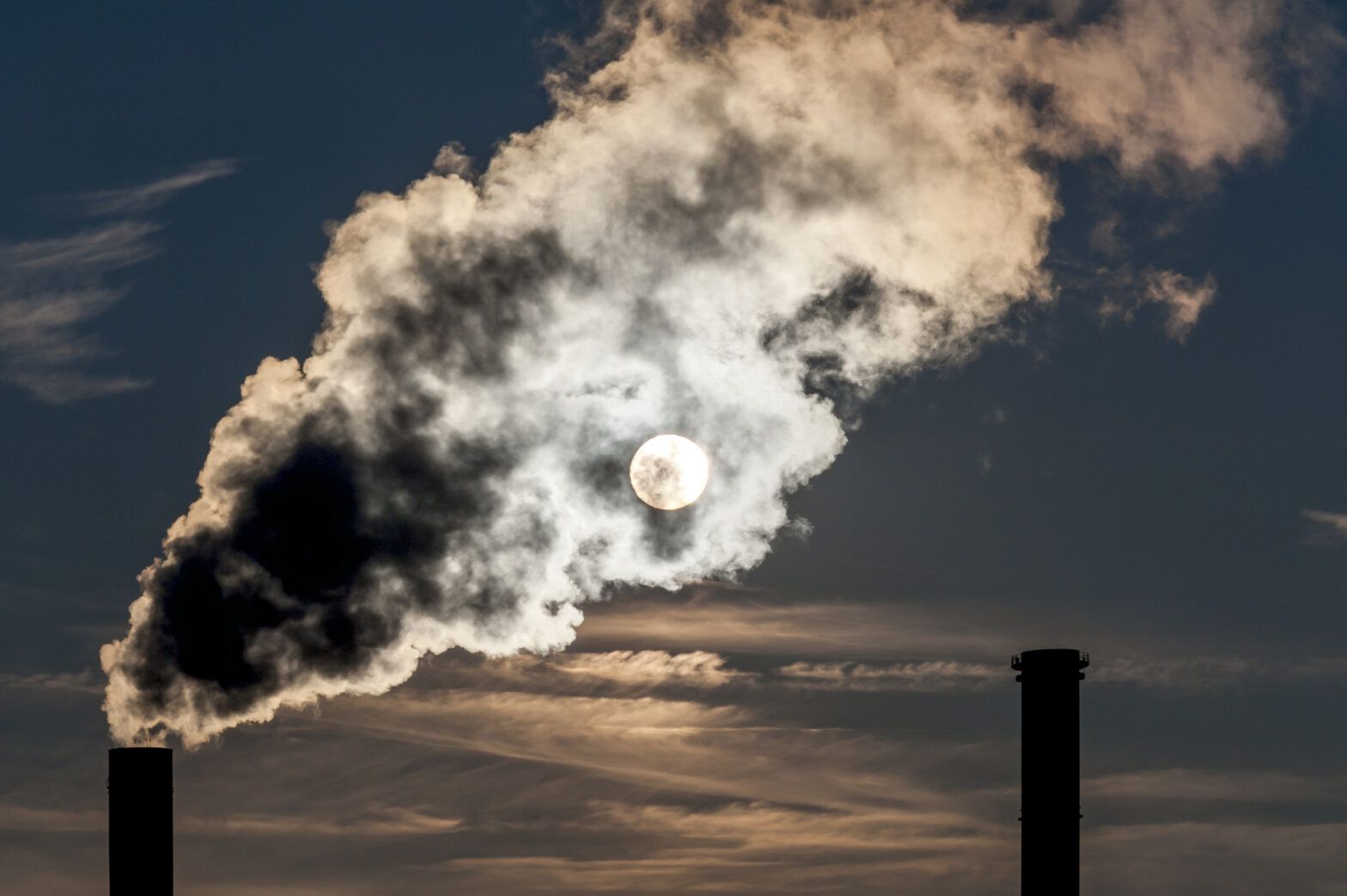The Institutional Investors Group on Climate Change (IIGCC) has this week published an open letter to EU Member State representatives and MEPs calling for the EU to exclude gas from its Taxonomy.
The group, which comprises more than 370 members representing €50trn in assets under management, said it supports the Taxonomy aligning with net zero and a science-based approach, and therefore is “strongly opposed” to any inclusion of gas.
“The demand for natural gas will need to shrink by 8% below 2019 levels by 2030 and by 55% by 2050,” the letter, which is signed by Stephanie Pfeifer, CEO of IIGCC, said.
“Existing gas-fired power plants will also have to be phased out by 2035. Put simply, there is no remaining carbon budget for new investments in natural gas.”
On 31 December 2021, the European Commission published a draft regulation that proposed labelling fossil gas and nuclear power as green investments under its sustainable finance taxonomy.
This was met with criticism and legal threats. For example, Austria’s climate protection minister, Leonore Gewessler, said: “We will examine the present draft carefully and have already commissioned a legal opinion on nuclear power in the taxonomy. If these plans are implemented in this way, we will sue. Because nuclear energy is dangerous and not a solution in the fight against the climate crisis.”
See also: – ‘We will sue’: EC accused over proposed green label for gas and nuclear
This week’s IIGCC letter said the proposal to increase the emissions threshold from 100g CO2e/kWh to 270g CO2e/kWh would mean more energy companies would align with the Taxonomy despite not being net-zero aligned, and that while transitional activities and sectors are necessary, natural gas cannot be considered a transitional activity.
However, not everyone in the investment community supports this. Richard Lum, co-CIO of Victory Hill Capital Advisors called this view “binary” and those that see global sustainability in this was “less informed managers”.
“It does not recognise the fact that current green or renewable technologies by themselves cannot deliver a sustainable solution to meeting growing demand for energy while enabling a net-zero carbon world,” he said.
“It is more meaningful to stop presenting investors with binary choices, but rather discuss challenges in terms of achieving net-zero goals. Conventional sources of energy, specifically natural gas (as the least pollutive conventional fuel), can play a role if combined with carbon capture and storage schemes.
“The alternative would be to consider other forms of non-emitting fuels, such as nuclear power to help fill the intermittency gap caused by renewables. However, while nuclear does not emit C02 at point of generation, it is far from green or sustainable in terms of the extraction and disposal of its fuel source, and indeed in the materials for its construction.”








